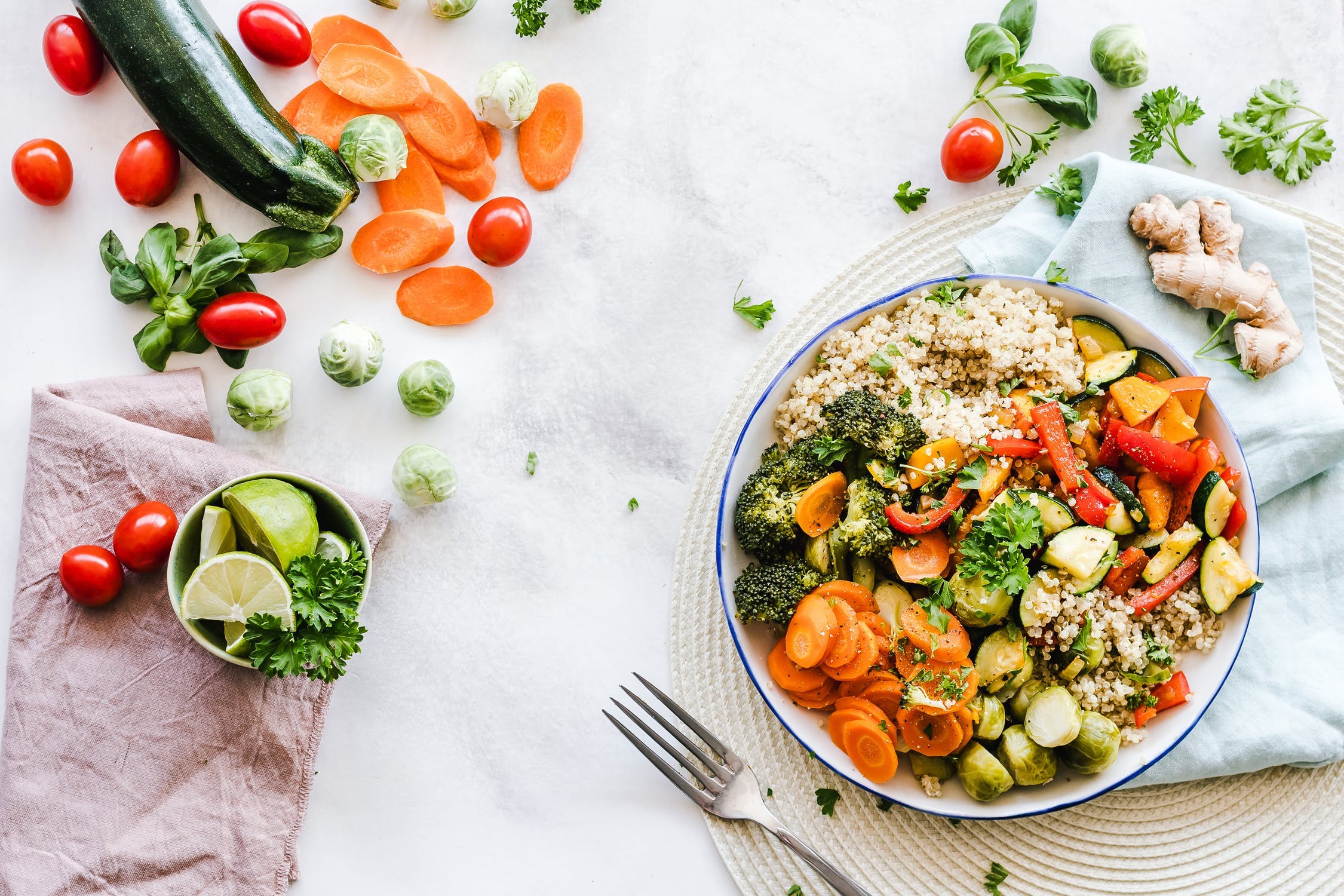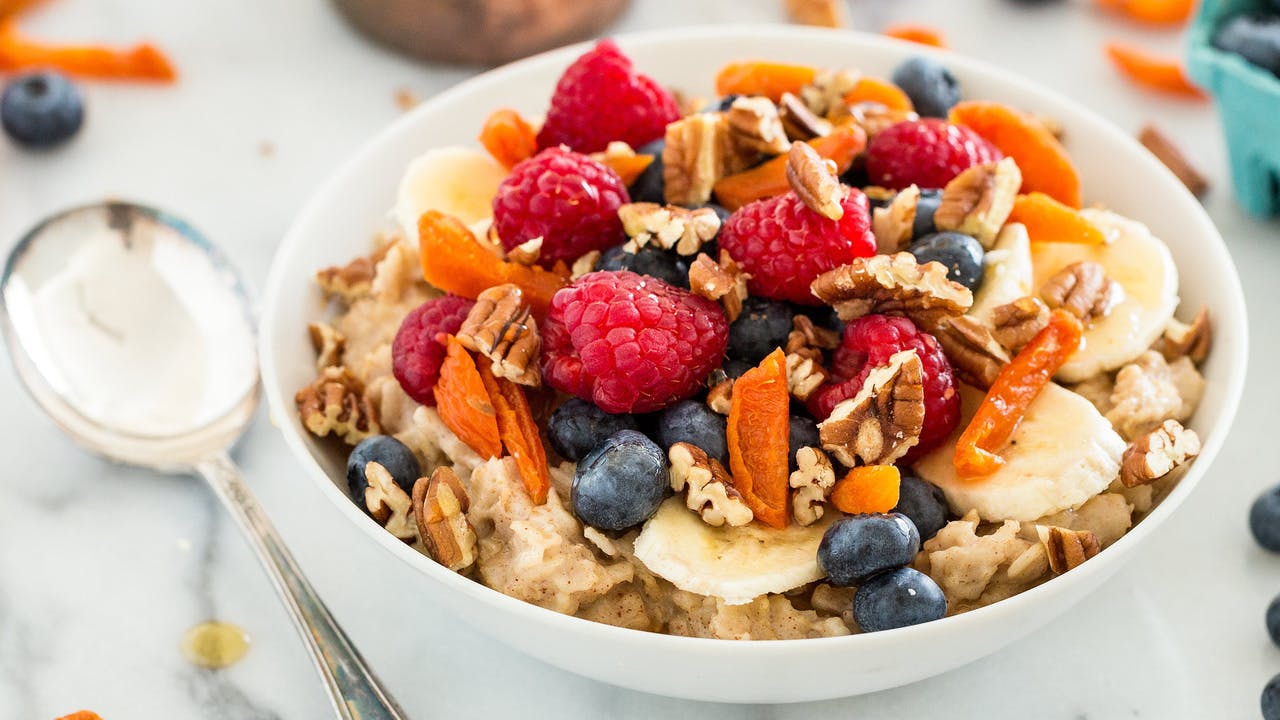Vegetarianism is one of the most popular diet trends recently and generally describes a diet in which one eliminates meat and meat-derived foods. Vegan and vegetarian products, even whole sections of products, are increasingly easy to find in supermarkets. So what’s the appeal? In fact, there are many reasons people choose to become vegetarians, including personal preferences, ecological problems, religious beliefs, and various diseases (especially cardiovascular diseases).
With any diet, the main goal should be nutritional adequacy.
When compared to nutritionally, vegetarians consume more carbohydrates, omega-6 fatty acids, fiber, carotenoids, folate, vitamin C, vitamin E, and magnesium. However, they consume less protein, omega-3 fatty acids, vitamin B12, zinc, and calcium than non-vegetarians. Therefore, vegetarian diets may offer a few advantages, including lower levels of saturated fat and cholesterol caused by animal-based foods.

Vegetarianism to Veganism
It's not a big jump. A vegan diet involves cutting out all animal-based foods such as meat, fish, dairy, eggs, honey, etc. Because of its similarity to vegetarianism, veganism is like a subclassification of vegetarianism. People choose to be vegan for many of the same reasons they might choose to be vegetarian. Sometimes certain allergies (such as an allergy to egg whites) can also motivate people to go from vegetarianism to veganism. The vegetarian and vegan portion of the world is estimated at 2%. But do they get what they need? Let's figure it out! Protein is an essential micronutrient for the body's building, maintenance, and repairing of tissues. Vegetarians can meet their protein needs through a well planned plant-based diet which includes a variety of grains, legumes, and vegetables.

Omega-3 fatty acids are good for cardiovascular health, eye health, and brain development.
Vegetarians and vegans can find omega-3 in several plants. Especially those which contain alpha-linolenic acid (ALA), such as walnuts, flaxseed oil, hemp seed, and soybeans. Vitamin B12 intake is often low for vegans because it is mainly acquired through animal-based foods. Very low B12 levels can cause anemia or nervous system damage. Unfortunately, deficiency symptoms usually take years to manifest, making this a major problem which is also hard to detect.
Although plant-based diets have low levels of iodine, it is possible to maintain a healthy level of iodine. Table salt is often fortified with iodine, and vegetables that grow in deep ocean water (such as seaweeds) are high in iodine. In order to maintain a healthy level of iron, vegetarians and vegans should stay away from phytates, calcium, tea, coffee, and cacao, which all decrease iron absorption. Rich plant sources of iron include dark green vegetables, soy products, legumes, whole grains, dried fruits, nuts, seeds, and unrefined molasses. Consuming these foods is key, and adding food high in vitamin C will enhance absorption.

Zinc is important for the immune system and plant foods do not contain large amounts of Zinc.
However, the richest plant sources are legumes, nuts, seeds, and oatmeal. Calcium can be found in dark green vegetables, beans, tofu, tahini, sesame seeds, almonds, figs, seaweeds, unrefined molasses, and fortified soy milk. Keep in mind that phytates and oxalates, especially plant foods contain, can inhibit calcium absorption.
Low vitamin D blood levels and bone density may be major problems for vegetarians and vegans. This is because vitamin D is necessary for regularizing calcium metabolism. Nutritional requirements are different for every single person. If any person, whether vegetarian or vegan or omnivorous, has a nutritional deficiency, they should seek the advice of a dietitian and/or doctor in order to meet their dietary needs.











